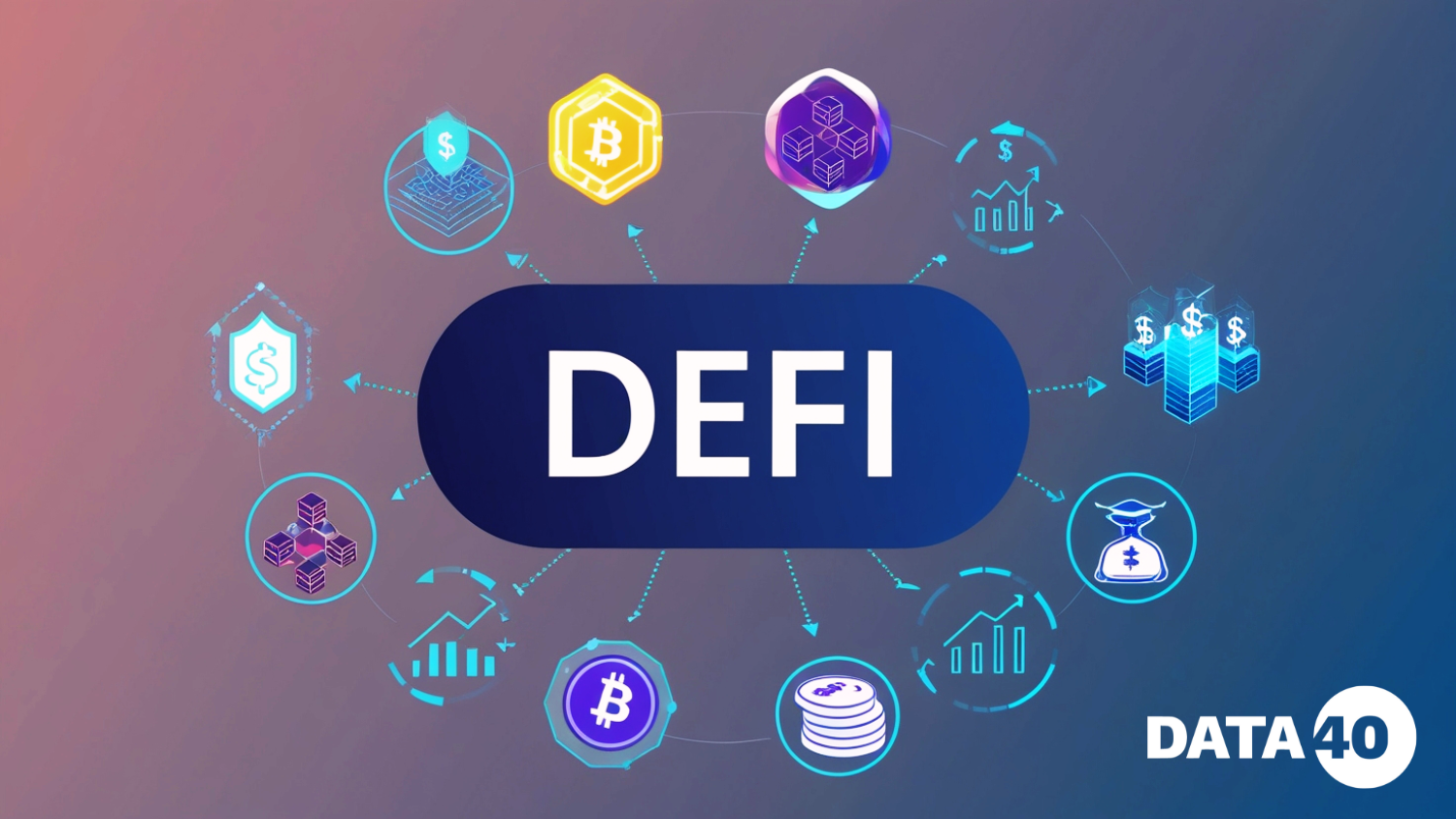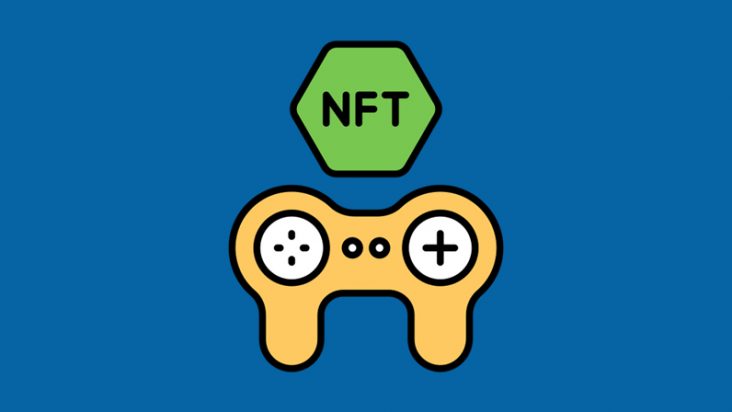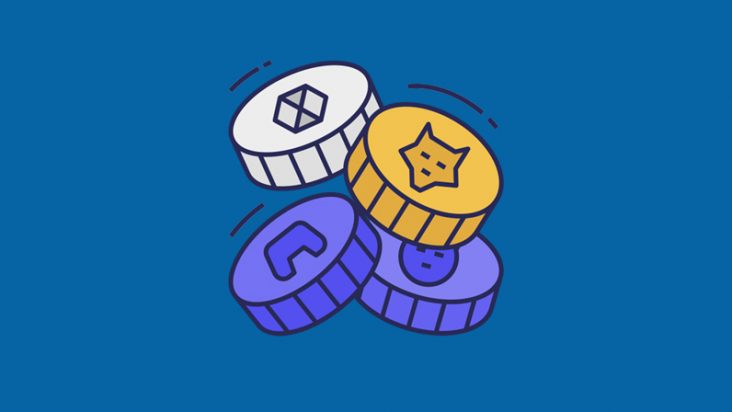

Decentralized finance (DeFi) has emerged as a transformative force in the blockchain and cryptocurrency industry. By eliminating intermediaries, DeFi platforms offer users financial solutions such as lending, borrowing, and trading with increased efficiency and reduced costs. But the technical complexity of DeFi often makes marketing these projects a challenging endeavor. Successfully engaging a target audience requires strategic planning, clear communication, and a deep understanding of the DeFi ecosystem.
Understanding the DeFi Audience
A crucial first step in marketing a DeFi project is identifying the target audience. DeFi users typically include tech-savvy individuals, cryptocurrency enthusiasts, and financial professionals seeking decentralized alternatives. Each of these groups has distinct motivations and pain points. For instance, tech enthusiasts may prioritize innovation and usability, while financial professionals might focus on security and compliance.
To connect with these segments, marketers need to adopt a data-driven approach. Analyzing user behavior on similar platforms and monitoring community discussions can reveal what potential users value most. Building detailed user personas allows projects to tailor their messaging to resonate with the unique needs of their audience.
Educating and Engaging Through Content and Community
DeFi concepts are often complex, making education a vital component of any marketing strategy. Potential users are more likely to engage with a platform if they understand its value proposition. Educational content should aim to simplify the complexities of DeFi while highlighting the benefits of the platform.
Blog posts, tutorials, webinars, and infographics are excellent tools for educating the audience. For instance, a step-by-step guide on how to use a DeFi platform can help new users overcome entry barriers. Additionally, creating content that addresses common concerns, such as “How secure is my investment?” or “What are the risks in DeFi?”, builds trust and credibility.
Social media is a powerful channel for building awareness and engaging with the DeFi community. Platforms like Twitter, Reddit, and Telegram are particularly popular within the cryptocurrency space. Each platform has its unique characteristics, and understanding how to utilize them effectively is key.
For example, Twitter can be used for real-time updates and thought leadership through threads and posts. Reddit provides an opportunity to engage in detailed discussions, answer questions, and participate in relevant subreddits. Telegram and Discord, on the other hand, are ideal for creating dedicated communities where users can interact directly with the project team.
Consistency in communication and tone is essential across these platforms. Regular updates, AMA (Ask Me Anything) sessions, and prompt responses to user queries foster transparency and trust.
Community engagement is the backbone of DeFi marketing. A vibrant and loyal community not only uses the platform but also becomes an advocate for the project. Building such a community requires consistent effort and authentic interaction.
Hosting events like online meetups or hackathons can attract active participants. Reward programs, such as referral incentives and airdrops, encourage users to promote the platform. Additionally, maintaining a dedicated community manager ensures that questions, concerns, and feedback are addressed promptly.
User-generated content, such as reviews, testimonials, and social media posts, can also play a significant role in community building. Highlighting these contributions shows appreciation and encourages further engagement.
Utilizing Influencer Partnerships
Collaborating with influencers who have a strong presence in the cryptocurrency and blockchain space can amplify a DeFi project’s reach. These influencers often have a dedicated following that trusts their opinions and recommendations.
When selecting influencers, authenticity is paramount. The influencer’s audience should align with the project’s target demographic, and their endorsement should feel genuine. Long-term collaborations often yield better results than one-off promotions, as they allow the influencer to develop a deeper understanding of the project.
In addition to traditional influencers, consider collaborating with thought leaders and developers who are respected within the DeFi ecosystem. Their technical expertise adds credibility to the project and can attract a more engaged audience.
Building Trust and Engagement Through Transparency and Gamification
Trust is a cornerstone of DeFi marketing. Given the decentralized and often anonymous nature of blockchain, users are naturally cautious about where they invest their time and money. Demonstrating transparency and security is essential to overcoming these concerns.
Regularly publishing detailed reports on platform performance, audits, and updates instills confidence. Highlighting partnerships with reputable auditing firms and showcasing compliance with relevant regulations also strengthens credibility.
Additionally, openly addressing potential risks and outlining steps taken to mitigate them reinforces the project’s commitment to user safety. Transparency should extend to the team behind the project; revealing the identities and credentials of key members fosters trust.
Gamification can enhance user engagement and make the onboarding process more enjoyable. By incorporating elements like rewards, challenges, and leaderboards, projects can create an interactive and memorable user experience.
For instance, users could earn tokens for completing specific actions, such as making their first trade or inviting friends to join the platform. These incentives not only drive initial engagement but also encourage long-term participation. Gamification strategies should align with the overall goals of the project and avoid becoming overly complex.
Adapting for Growth and Sustained Engagement
The DeFi space evolves rapidly, making it crucial to regularly evaluate and adapt marketing strategies. Metrics such as user acquisition rates, platform activity, and community growth provide valuable insights into what’s working and what needs improvement.
Conducting periodic surveys and engaging with the community for feedback helps identify pain points and opportunities for enhancement. Being agile in responding to changes in market trends or user preferences ensures the project remains relevant and competitive.
Sustaining interest and engagement requires continuous innovation and communication. Introducing new features, expanding the ecosystem, or collaborating with other projects can help maintain momentum.
Regularly updating the community on milestones achieved and future plans keeps users invested in the project’s journey. Hosting events like anniversaries or milestone celebrations provides an opportunity to reflect on progress and thank the community for their support.
Successful DeFi marketing goes beyond attracting users; it’s about creating a loyal and informed community that believes in the project’s vision. By prioritizing education, transparency, and engagement, DeFi projects can effectively navigate the challenges of marketing in a highly competitive space.
Understanding the audience, leveraging diverse channels, and fostering genuine connections lay the groundwork for sustained growth. With a well-executed strategy, DeFi projects can not only achieve widespread adoption but also drive meaningful impact in the decentralized finance landscape.








